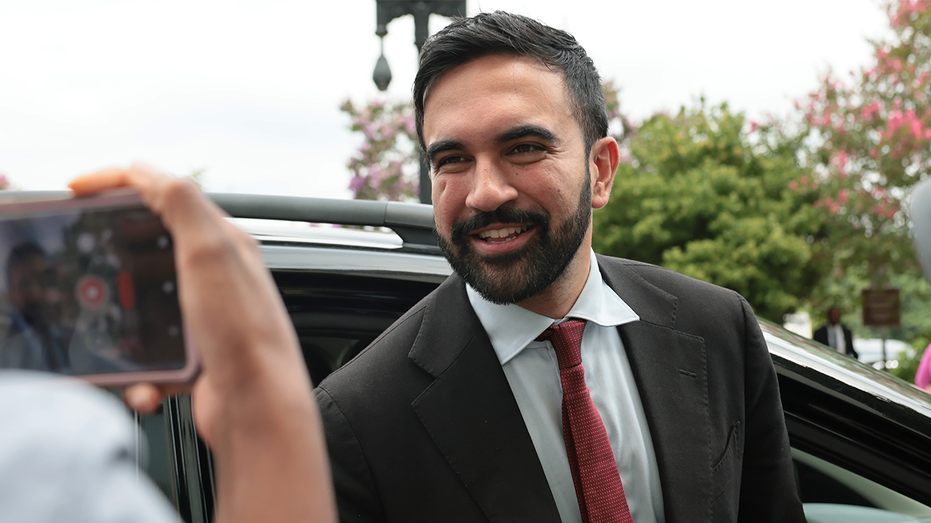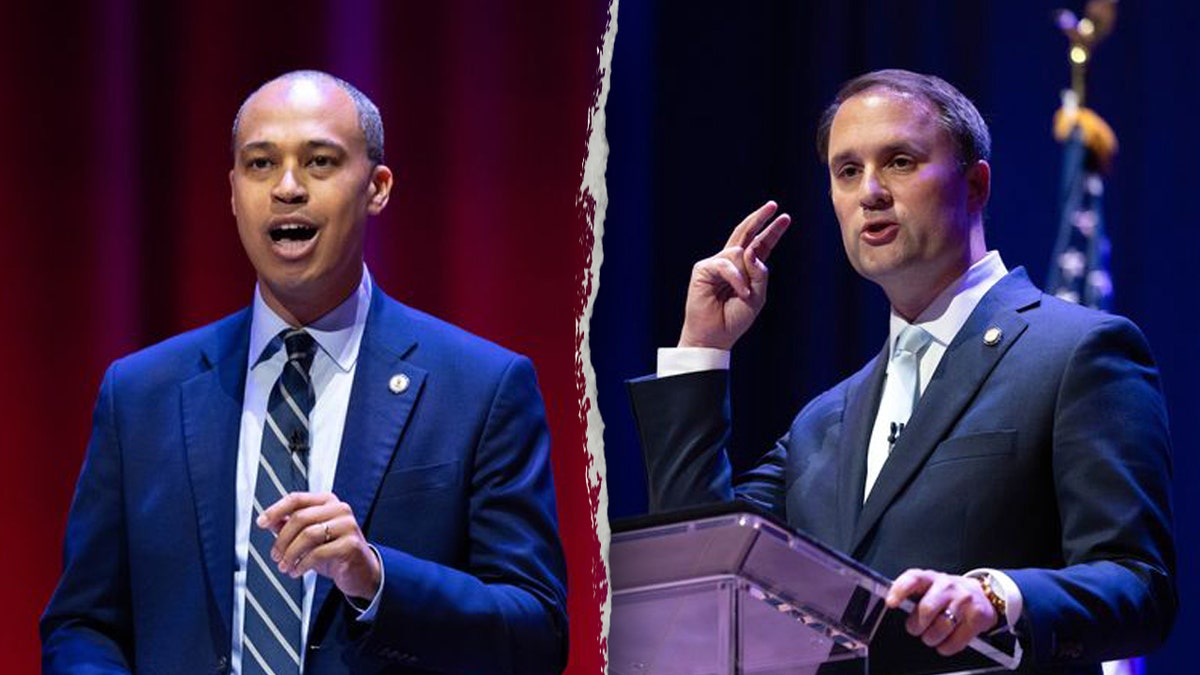The race for Virginia’s governorship has concluded, with Democrat Abigail Spanberger projected to win. This outcome marks a significant shift in the state’s political landscape, dashing Republican hopes of replicating the success achieved by the outgoing governor in 2021.
For the next two years, Virginia will be under full Democratic control, with the governorship and both legislative chambers now in the hands of the opposition party. This presents a considerable challenge for Republicans seeking to influence policy in Richmond.
The campaign wasn’t without its turbulence. Spanberger navigated a delicate situation involving a fellow Democrat, attorney general candidate Jay Jones, whose controversial statements sparked calls for him to withdraw from the race.
Her opponent, Winsome Earle-Sears, repeatedly pressed Spanberger to address the Jones scandal and clarify her position on sensitive issues like transgender student rights. Spanberger, however, largely avoided direct engagement, even pointedly refusing direct eye contact during public exchanges.
Spanberger strategically emphasized her distinguished background in federal service. Campaign materials highlighted her prior roles as a federal agent investigating crimes against children and her subsequent work in counter-terrorism with the CIA.
Before entering the world of intelligence, Spanberger served as a U.S. Postal Inspector, tackling complex cases involving drug trafficking and money laundering. This diverse experience formed a core narrative of her commitment to public safety and integrity.
Healthcare and abortion rights also became central themes in Spanberger’s campaign. She portrayed Earle-Sears as holding extreme views on abortion access, referencing the Republican’s previous support for limited exceptions.
Republicans attempted to counter Spanberger’s image as a moderate, pointing to her consistently liberal voting record during her time in the House of Representatives and questioning her claims of pragmatism. The contrast in political positioning became a key point of contention.
In the final weeks of the campaign, Spanberger received endorsements from prominent Democratic figures, including former President Barack Obama and Pennsylvania Governor Josh Shapiro, a rising star within the party.
Notably absent from the campaign trail was President Joe Biden, despite inquiries from his team going unanswered. This absence fueled speculation about the level of support from the national party leadership.
Spanberger skillfully capitalized on the anxieties surrounding the recent government shutdown, focusing on the hardships faced by families in the Beltway region of Virginia. She positioned herself as a champion for federal workers and government contractors.
She argued for a governor who would firmly defend these workers against what she characterized as politically motivated attacks, delivering this message with particular emphasis in the Hampton Roads area of Virginia.
With this victory, Spanberger and the Democratic party are poised to shape Virginia’s governance for at least the next two years. The state Senate and House of Delegates will face voters again in future elections, setting the stage for further political battles.






